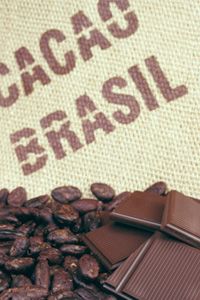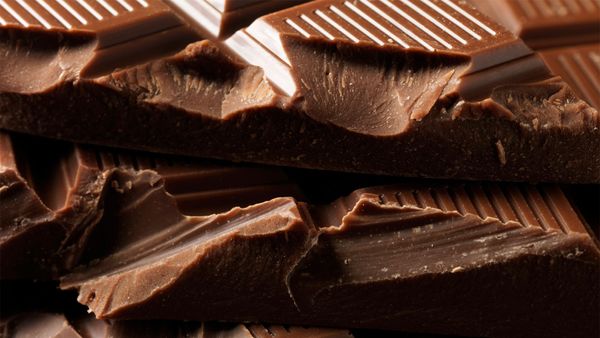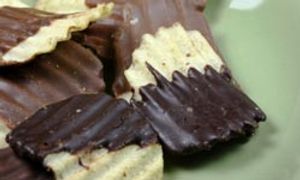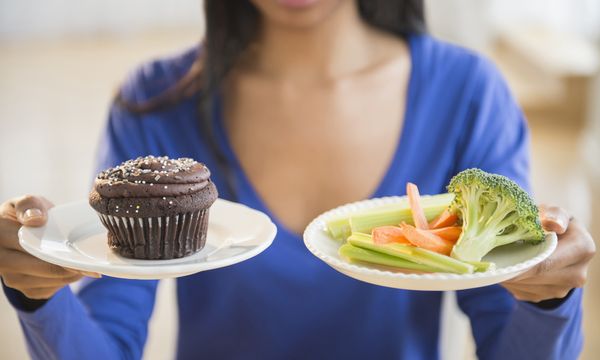If you're a big fan of chocolate (believe it or not, some people aren't), the first reports that your beloved candy might actually be good for you were probably music to your ears. You probably didn't suddenly start thinking that chocolate binges were beneficial, though.
Knowing that news outlets have a tendency to oversimplify and exaggerate scientific studies at times, you were probably just a little bit skeptical. After all, these are the same people who claimed that the egg was practically guaranteed to raise your cholesterol and increase your risk of heart disease -- only to say later that moderate consumption in healthy adults was fine. So what's the truth? Is chocolate really good for you?
Advertisement
The short answer is: maybe. Researchers have conducted numerous studies about the possible benefits of eating chocolate, but we don't seem much closer to actually suggesting that chocolate become classified as a health food.
The research focuses on a group of chemical compounds known as flavonoids. These compounds are found in numerous plants and plant-based foods (like tea and wine) that many of us eat every day and are already known to have antioxidant properties. Cocoa contains numerous flavonoids, but most of the focus is specifically on catechins, epicatechins and flavanols. These chemicals are getting the credit for everything from lowering the risk of developing diseases such as diabetes, heart attacks, strokes and cancer to improving brain function and slowing the effects of aging.
If your favorite kind of chocolate is milk chocolate or some kind of yummy, filled chocolate candy, you're probably out of luck.
Find out why only certain types of chocolate, in very small amounts, could have the ability to improve your health -- and why some of those well-publicized studies may be just a bit suspect.
Advertisement
















